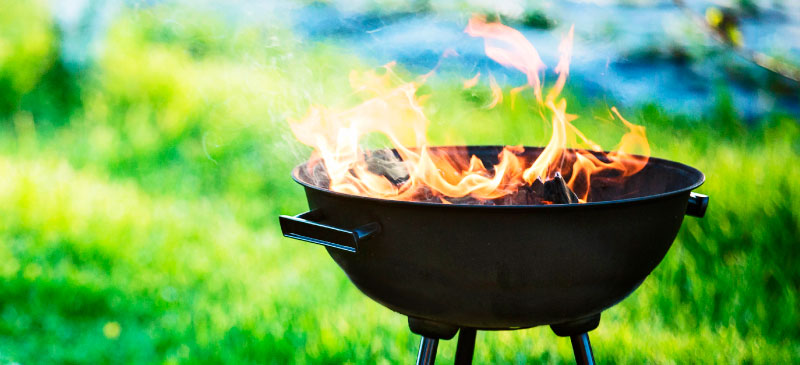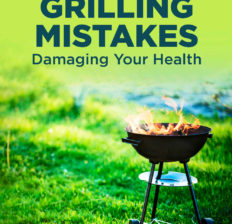This Dr. Axe content is medically reviewed or fact checked to ensure factually accurate information.
With strict editorial sourcing guidelines, we only link to academic research institutions, reputable media sites and, when research is available, medically peer-reviewed studies. Note that the numbers in parentheses (1, 2, etc.) are clickable links to these studies.
The information in our articles is NOT intended to replace a one-on-one relationship with a qualified health care professional and is not intended as medical advice.
This article is based on scientific evidence, written by experts and fact checked by our trained editorial staff. Note that the numbers in parentheses (1, 2, etc.) are clickable links to medically peer-reviewed studies.
Our team includes licensed nutritionists and dietitians, certified health education specialists, as well as certified strength and conditioning specialists, personal trainers and corrective exercise specialists. Our team aims to be not only thorough with its research, but also objective and unbiased.
The information in our articles is NOT intended to replace a one-on-one relationship with a qualified health care professional and is not intended as medical advice.
5 Grilling Mistakes That Can Damage Your Health
May 23, 2025

There’s nothing like getting family and friends together for a weekend of grilling in warm weather. However, before you get those healthy grilling recipes cooking, watch out for grilling mistakes.
Grilling mistakes pose some specific health risks, including exposure to high levels of cancer-causing compounds like heterocyclic amines (HCAs). HCAs are formed in meat muscle tissue during high temperature cooking like grilling.
While most closely linked to stomach and colon cancers, HCAs also damage DNA and are linked to an increased risk in breast, liver, lung, prostate and skin cancer.
Luckily, there are relatively easy ways to protect yourself from HCAs and grilling carcinogens, along with other lesser-known grilling mistakes that could threaten your health.
1. You use store-bought marinades
If you marinade meat right, you can drastically reduce levels of cancer-causing compounds created during grilling. Read the ingredients on most store-bought marinades, however, and you’ll likely see many products contain sugar or high-fructose corn syrup, two problematic ingredients that actually make grilling much more dangerous.
Using thicker, store-bought marinades containing sweeteners like sugar, high-fructose corn syrup or even honey makes charring more likely, possibly increasing exposure to carcinogens.
Opt for thinner vinegar or lemon juice-based marinades rich in herbs and spices, including carcinogen-neutralizing rosemary, instead.
Experiments from the Cancer Research Center of Hawaii discovered teriyaki marinade led to a 67 percent reduction in carcinogenic HCAs. A marinade containing turmeric and garlic reduced HCAs by 50 percent.
Be careful, though, because sugary marinades can actually triple HCA levels.
The empowering take on this is that the American Institute for Cancer Research found that using healthy marinating recipes can actually lower HCA levels by a significant margin.
2. You fire up worming meds
They say you are what you eat. Well, if you’re cooking up factory-farmed meat, you’re making one of the biggest grilling mistakes.
Drugs are so common in agriculture today that harmful medications routinely turn up in nonorganic meat. For instance, the United States Department of Agriculture’s Food Safety and Inspection Service detects medications like ivermectin (an animal wormer), flunixin (a non-steroidal anti-inflammatory drug), penicillin and ciprofloxacin (antibiotics), and other drugs at levels that are in violation of current regulations.
Some of these drugs are linked to neurological impacts, allergic reactions and kidney damage in humans. Exposing these meds in meat to high temperatures doesn’t always neutralize them all and, in some cases, can make them more toxic.
If you’re grilling meat, always choose grass-fed, organic options. Of course, you can also choose organic veggies to grill, too. Just avoid ones on the dirty dozen list.
3. You wrap your taters in poison
Wrapping potatoes (or even fish) in aluminum foil with a dollop of butter is a fast and easy way to cook on the grill. The problem is aluminum foil has been shown to leach when exposed to high temperatures.
That’s concerning, since there’s a link between aluminum and dementia.
A 2011 study published in the International Journal of Electrochemical Science also found that exposing food in aluminum foil to heat caused leaching to occur in levels that would be considered unacceptable by the World Health Organization.
4. You use nonstick accessories
Nonstick grilling accessories, including the actual grates, spatulas, and grilling griddles, pans and mats, are tempting because they can make an otherwise messy cleanup a cinch. The problem is that perfluorooctanoic chemicals and related compounds commonly found in nonstick cookware have been linked to obesity, abnormal thyroid hormone levels, and toxicity to the brain, liver, prostate and kidneys.
While it may require more elbow grease during cleanup, skip the nonstick grilling accessories, and use ones without the chemical coatings instead.
5. You fail to precook
The American Institute for Cancer Research highly recommends precooking meat before firing it up on the grill. This helps reduce “drippings” on the grill, which turn into smoke full of cancer-causing polycyclic aromatic hydrocarbons (PAHs).
Partially cooking meat on the stovetop or oven and then immediately transferring to a preheated grill helps lower levels of PAHs.





